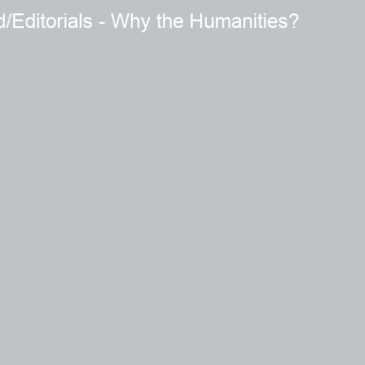Christine Reilly
Executive Director Institute for Research on Pathological Gambling and Related Disorders
Division on Addictions, Cambridge Health Alliance, a teaching affiliate of Harvard Medical School
The humanities are the study of what it means to be human–our culture, philosophy, religion, language, literature, artistic expression, and civic life. The varied disciplines of the humanities tell the story of our lives both as individuals and as members of a society and a civilization. Because the purview of the humanities is all encompassing, the story of addiction is a part of human experience that can be illuminated by history, ethics, the arts and literature.
Medical ethics immediately comes to mind as the most obvious intersection of the humanities and scientific research. The development of policies to protect human subjects in research projects illustrates the influence of ethics and theology. The idea of “informed consent” to participate in a study presumes that for individuals to act as responsible moral beings they need information in order to be able to exercise choice. The continuing challenge of defining “informed consent” for youth and for people with psychiatric disorders reveals a complex issue that cannot be decided by science alone.
Behavioral and substance use disorders, like all psychiatric disorders, do not exist in a vacuum. They have a cultural context. As the United States becomes an increasingly diverse society, researchers and clinicians alike face the challenge of understanding addiction in different populations. As Harvard Professor Arthur Kleinman has observed, depression may be a global phenomenon, but the way in which it is confronted, discussed and managed varies among social worlds, and cultural meanings and practices shape its course (Kleinman, 2004). Researchers are now drawing on anthropology, history and religious studies in order to develop culturally appropriate prevention and treatment programs for substance use disorders. For example, noted addictions researcher Alan Marlatt of the University of Washington, Seattle, has focused on ethnic minorities in schools and communities, especially among American Indian and Alaska Native youth. Dr. Marlatt and colleagues have been studying the efficacy of the Journeys of the Circle Project, an innovative program with a strong emphasis on historic cultural traditions (Marlatt, 2003).
Finally, the experience of the addicted is made accessible through artistic expression. Films such as “The Lost Weekend” and “When a Man Loves a Woman” have delivered searing portraits of individuals devastated by alcoholism. In the novel, The Gambler, Fyodor Dostoevsky writes about a young tutor whose obsessions drive him to uncontrollable gambling activity. Robert Lindner, who studied gambling disorders in the mid-20th century, used Dostoevsky’s account as a template for his own study of problem gamblers (Responsible Gaming Quarterly, 2004). In Tchaikovsky’s opera, The Queen of Spades, based on a story by Pushkin, the lead character begins to gamble when he decides he needs money to win the woman he loves. Eventually, the gambling takes charge of him and leads him to destroy the relationship that could have saved him.
We believe that the humanities offer a unique lens for seeing new aspects of addiction. Join us every month as we explore these dimensions in the journal “Addiction and the Humanities.”
References
Kelinman, A. (2004). Culture and Depression. New England Journal of Medicine, 351 (10), 951-53.
Marlatt, G.A., Larimer, M.E., Mail, P.D., Hawkins, E.H., Cummins, L.H., Blume, A.W., Lonczak, H.S., Burns, K.M., Chan, K.K., Cronce, J.M., La Marr, C.J., Radin, S., Forquera, R., Gonzales, R., Tetrick, C., & Gallion, S. (2003).
Journeys of the Circle: a culturally congruent life skills intervention for adolescent Indian drinking. Alcoholism: Clinical and Experimental Research 27(8):1327-9.
Problem Gambling Pioneer: Fyodor Dostoevsky, Responsible Gaming Quarterly (Fall 2004)




